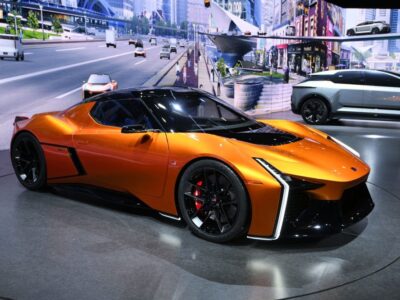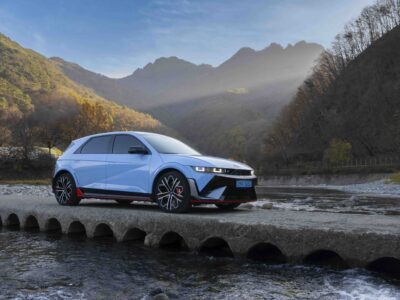One of the golden rules of progress is that it often doesn’t come along willingly. Whatever level of good a given change can do may be irrelevant if it brings about a shift in the status quo that is too dramatic. In addition, if a newer and better technology doesn’t come with a comparable expectation of profits, companies can be unwilling to foot the bill simply for progress’ sake. However, this caution is hardly unearned. It can be difficult to tell whether an exciting prototype is actually about to change the world or end up going the way of Betamax.
That is where government action, generally in the form of legislation, comes into the picture. In situations where industry starts to lag behind a given innovation or discovery due to profit concerns, one thing that will move the process along is a series of small, enforceable changes to policies and regulations. Usually, they can lightly nudge market forces in the proper direction.
Legislation is especially relevant to the discussion around electric vehicles (EVs) in America. Although enthusiasm for EVs is approaching a fever pitch in many corners of the country, there have been concerns that the same eagerness has not been applied to the necessary parts of a thriving EV infrastructure — charging spaces being the primary worry. In Washington’s King County, local governments have decided to get ahead of the problem, issuing regulatory changes that include a minimum charging capacity for new developments.
King County, which includes major metropolitan areas like Seattle, has long held EVs in high regard.
The county’s residents boast an EV ownership rate that is the highest in the state, and the county government enacted a policy in 2019 that required all new single-family Seattle homes to come equipped with EV-compatible parking spaces.
The county’s high EVadoption mark is especially impressive given that Washington ranks the fourth highest in overall registrations of electric cars nationwide. It’s behind only California, Florida, and Texas, despite the significant population disparities.
The new policy looks to build on Seattle’s 2019 decision by taking a look at emerging housing developments in the county’s unincorporated areas. The July announcement states that new and “substantially remodeled” residential buildings in those areas will now be required to build charging stations in 10% of all parking spaces, with 25% needing the infrastructure in place for a potential later expansion of charging slots.
Though it may seem aggressive, the policy does exclude the county’s major cities and other incorporated areas. This method allows it to serve as a testing ground, where the county can work out any kinks in anticipation of a potential statewide push down the road.
The thinking is simple — the apartments going up today will remain in place through the next several decades of EV adoption and thus will need to handle several EVs beyond what is currently seen on the streets. It’s looking to be a necessity, too, if Washington is to fulfill its pledge that all cars and light-duty trucks sold and registered in the state be electric models by the year 2030.
“With more charging stations, it will be much easier to own an electric vehicle in King County,” said Council member Reagan Dunn. “I’m excited to see the infrastructure put in place that will allow consumers to choose zero-emission vehicles that help preserve our air quality.”





